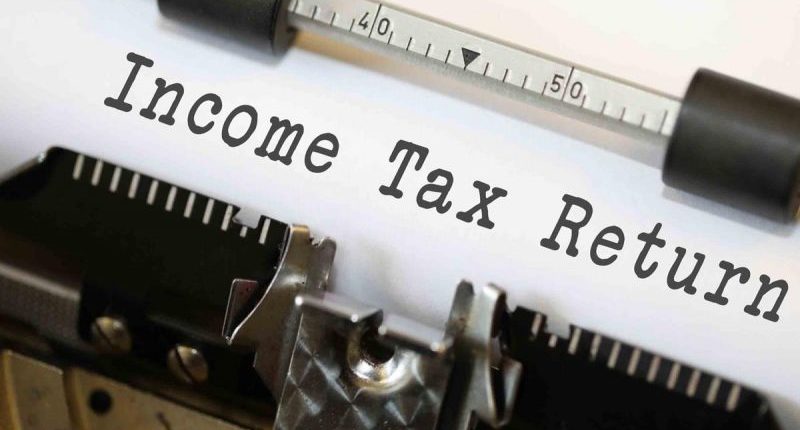The CBDT has notified the income tax returns for tax filings for the FY 2019-20 (AY 2020-21). The forms provide a separate column to claim deductions for tax-saving investments, deposits and payments made from 1 April 2020 until 30 June 2020. Earlier in March 2020, the government announced COVID-19 relief measures extending the time to make tax-saving claims from 31 March 2020 until 30 June 2020.
This article has the different forms notified for different taxpayers:
- ITR-1 for individual taxpayers residents in India and with income up to Rs 50 lakh: ITR-1 applies to resident individuals with income from salaries, house property, other sources and agricultural income up to Rs 5,000. Resident individuals owning a property in joint ownership can also file ITR-1 to report total income up to Rs 50 lakh. An individual who meets the tax filing criteria of making cash deposits above Rs 1 crore with a bank or incurring expense above Rs 2 lakh on foreign travel or expenditure above Rs 1 lakh on electricity should also file ITR.
- ITR-2 for other individual taxpayers and HUFs who do not have income from business or profession: ITR-2 applies to an individual taxpayer who is a non-resident, or not ordinarily resident in India or where the total income exceeds Rs 50 lakh. The form also applies when an individual needs to report income from capital gains, income from more than one house property or to set-off or carry forward losses. An individual who holds directorship in a company or unlisted equity share investments should file ITR-2.
- ITR-3 for individuals reporting income from business or profession: ITR-3 applies to individuals who earn income from business or job, in addition to income from salary, house property, capital gains and other sources. An individual who is a partner in a firm or holds directorship in a company or unlisted equity share investments can also file ITR-3, to report business/profession income.
- ITR-4 for resident individuals, HUFs and firms for reporting income calculated on a presumptive basis: ITR-4 is applicable for reporting business or profession income under the presumptive basis of taxation. The form applies for reporting total income up to Rs 50 lakh. Gross turnover to include receipts from prescribed electronic modes in addition to revenues from normal banking channels.
- ITR-5 for partnership firms, LLP, AOP and BOI: A partnership firm having income above Rs 50 lakh or which does not report under the reasonable basis of taxation should file ITR-5. Also, Limited Liability Companies (LLP), Association of Persons (AOP), Body of Individuals (BOI) should file ITR-5.
- ITR-6 for Companies: All companies except companies claiming tax exemption under section 11 should file their income tax return in ITR-6.
- ITR-7 for trusts, companies, associations claiming tax exemption: All types of organisations including trusts, companies, associations which claim tax exemption under different provisions of the Income Tax Act, 1961 should file ITR.
Also Read: IT department speeding up the processing of pending income tax refunds
Taxpayers filing ITR-1 to ITR-4 are also required to disclose the total amount of deposits exceeding Rs 1 crore in one or more current account with a bank during the year. Also, taxpayers should reveal the total amount of expenditure exceeding Rs 2 lakh incurred on foreign travel for themselves or any other person. Similarly, a disclosure of the total amount of expenditure exceeding Rs 1 lakh towards the consumption of electricity.
The extended due date for filing the income tax returns is 30 November 2020. You may choose to file earlier to facilitate early processing of tax refunds or payment of taxes due.
For any clarifications/feedback on the topic, please contact the writer at sweta.dugar@cleartax.in
I am a Chartered Accountant by profession. I specialise in personal taxes and corporate income tax matters. I am an avid reader and track developments in financial markets, economy and other market developments.





